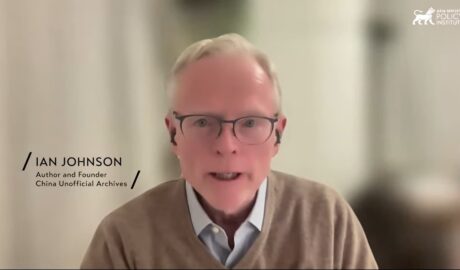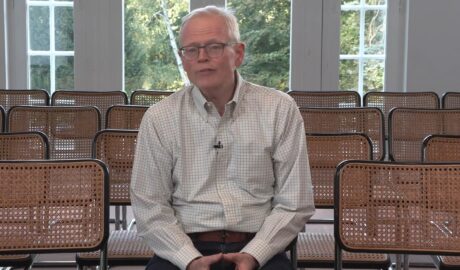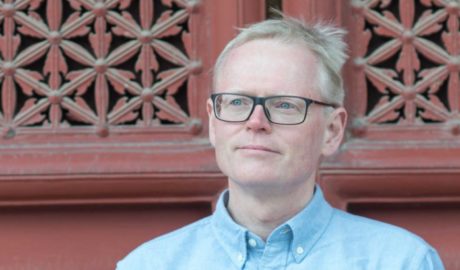How did the China government deal with different faiths – Ian Johnson
Berlin-based journalist and researcher Ian Johnson, author of The Souls of China: The Return of Religion After Ma0, joins an Asia Society panel on moral authority and how the Chinese government has dealt with faiths over the past decade. While Christianity and Islam are curtailed, traditional faiths are embraced, he says. Other participants include professor Xi Lian, and Whitman College Assistant Professor Yuan Xiaobo. Asia Society Policy Institute’s Center for China Analysis Fellow G.A. Donovan moderates the conversation.Read More →





